Sometimes you just don’t feel right.
But when you get your blood test results, the doctor tells that everything is within the range and your fine. You’re tired, but they suggest you are depressed. Here try this script and see how you go.
To start with, you feel better but rapidly start to feel worse.
Sadly, this is not an uncommon scenario, why did the process go wrong?
Sometimes it can be because of “Relative Nutrient Deficiencies” ( RND’s).
RND’s occur when specific nutrients which work together to perform a function are individually within the normal range but are abnormally high or low in relation to one another. One example of this is seen with sodium to potassium ratio’s. Excess potassium in relationship to sodium could cause dizzy spells or low blood pressure and is too be avoided [1]. While lowering sodium intake is seen as desirable as high sodium is strongly associated with high blood pressure[2]. The balance point between each nutrient is specific for correct function.
Another significant example of an RND can been seen in the world of ADHD and depression.
It has been demonstrated that the balance of micronutrients that make up monoamine neurotransmitters is finely tuned. You need the correct dose of precursors such as vitamin B6 and Zinc as well as amino acids to one another to make neurotransmitters or you can block the production and release of those very molecules worsening your symptoms.
Researchers found “Humans suffering from chronic centrally acting monoamine-related disease are not suffering from a drug deficiency; they are suffering from a relative nutritional deficiency involving serotonin and dopamine amino acid precursors”. [3] This conclusion is huge given the strong focus on use of SSRI Drugs, Ritalin or L Dopa in many neurophysiological disorders.
Especially when it has been postulated that over 80% of humans suffer from symptoms relating to a serotonin and/or catecholamine RND.
The big finding for me was that the body has states of competitive inhibition where it will stop absorbing a nutrient in favour of another one such as Iron in place of zinc, leading to RND, and that the body when inflamed can stop the liver using Iron even if iron is in the diet leading to RND and symptoms states.
The good news though is that these RNDs are correctable when we take a whole picture view of your biochemical state, and that many neurological diseases[4] can become reversible when viewed through this lens.
Nutrients are essential to life but when out of balance can act like drugs and cause side effects[5]. The answer may not be just shovel more of the same in. Instead look at a larger picture and balancing nutrients in relationship to each other may lead to a better end result with less side effects and a happier healthier population.
[1] J Am Heart Assoc. 2020;9:e015719. DOI: 10.1161/JAHA.119.015719
[2] Nutrients 2017, 9, 700; doi:10.3390/nu9070700
[3] International Journal of General Medicine 2012:5 413–430
[4] Neuropsychiatric Disease and Treatment 2016:12 763–775
[5] Neuropsychiatric Disease and Treatment 2011:7
Comments are closed.

